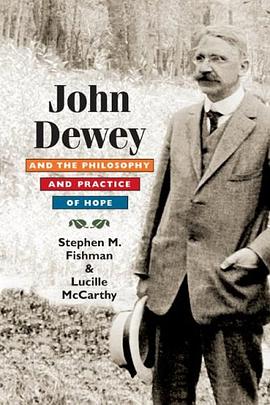

In Reasons and the Good Roger Crisp answers some of the oldest questions in moral philosophy. Claiming that a fundamental issue in normative ethics is what ultimate reasons for action we might have, he argues that the best statements of such reasons will not employ moral concepts. He investigates and explains the nature of reasons themselves; his account of how we come to know them combines an intuitionist epistemology with elements of Pyrrhonist scepticism. He defends a hedonistic theory of well-being and an account of practical reason according to which we can give some, though not overriding, priority to our own good over that of others. The book develops original lines of argument within a framework of some traditional but currently less popular views.
具体描述
读后感
评分
评分
评分
评分
用户评价
相关图书
本站所有内容均为互联网搜索引擎提供的公开搜索信息,本站不存储任何数据与内容,任何内容与数据均与本站无关,如有需要请联系相关搜索引擎包括但不限于百度,google,bing,sogou 等
© 2025 book.wenda123.org All Rights Reserved. 图书目录大全 版权所有




















